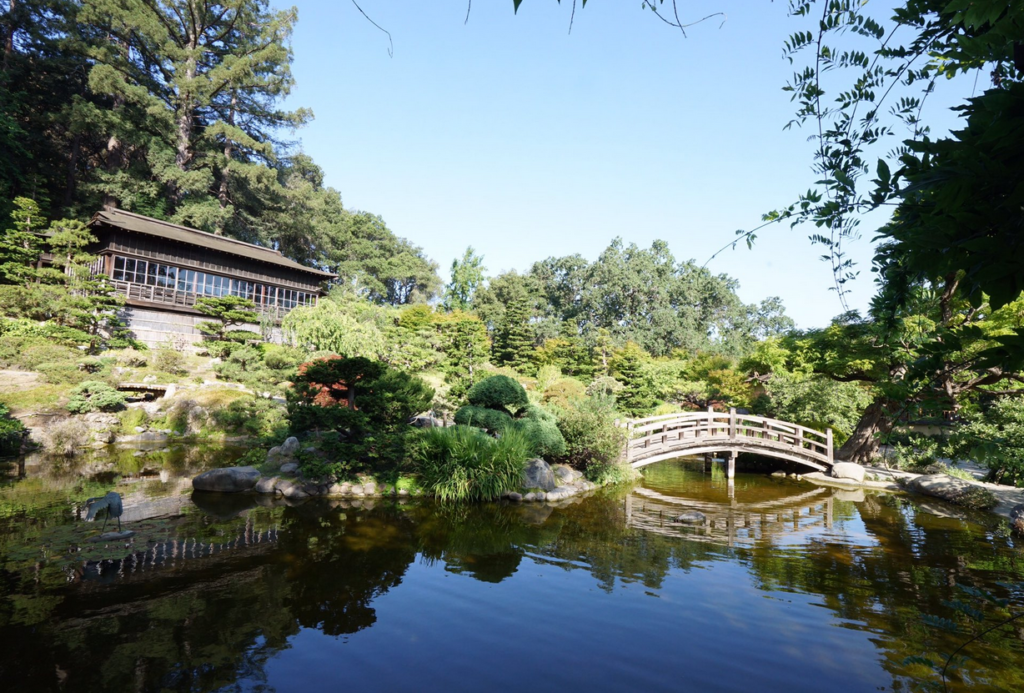Gilles Joye: from medieval Bruges to timeless tranquility in Japan
What a whirlwind of experiences and impressions here at Hakone, between Mt Fuji and the Bay of Sagami, Japan…
This is my first voyage to east Asia, and of course I’m enchanted and blown away by the exoticism, richness, subtlety and beauty of Japanese culture. (Not to mention the gastronomy, for which I am thankful to have a great guide, my old friend and colleague Youichi Hembo, who has organised this intense tour of concerts, teaching and recording).

So as I sit, basking in the relaxation of yesterday’s Onsen visit, looking over the unexpectedly alpine gardens, and transcribing a music from the burgundian court of the mid 1400’s, it would be fair to describe the situation as dépaysant, in the best sense of the word. Quite mind-expanding, really.
The music I’m working on is the missa super O Rosa Bella by the composer Gilles Joye. He was a renowned singer and composer at the Burgundian court, and although his contemporaries considered him amongst the greatest of his age he is little known today. There are almost no recordings of his works, and the few surviving manuscripts we have are scattered in libraries across Europe. Thank goodness for resources such as the National Library of Belgium, where I have been able to dig up transcriptions of these rare jewels.
For me, it’s a particular thrill to be able to bring Joye’s music back to life more than five centuries after his death. Joye is my mother’s family name, and she and her ancestors are from Bruges, which was Gilles Joye’s stamping ground back in the 15th Century when the town was a true metropolis, prosperous and cosmopolitan. Who knows whether there is a family connection between myself and Gilles. I certainly like to think so.
Joye was known in his day as quite a scoundrel, who courted controversy by living openly with his mistress Rosabella, and enjoyed merry-making of all kinds, even though he was an ordained priest and member of the court chapel . This complexity and contradiction shines through in the beautiful masterpieces I’m transcribing now. It’s all for a programme that I’m preparing for the upcoming edition of Antwerp’s Laus Poliphoniae festival, which this year has the Duchess Mary of Burgundy as it’s central theme. Don’t miss the world premier of this programme on August 22 in the beautiful setting of AMUZ!
Until then,
幸せなリラクゼーション !
Thomas
Contact
+32 475 52 49 27
thomasbaete@hotmail.com
MANAGEMENT & BOOKINGS
Stijn Jacobs
+32 479 44 67 46
stijnjacobs@bookman.be
Subscribe
Sign up for concert news
Amalia Vermandere
